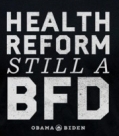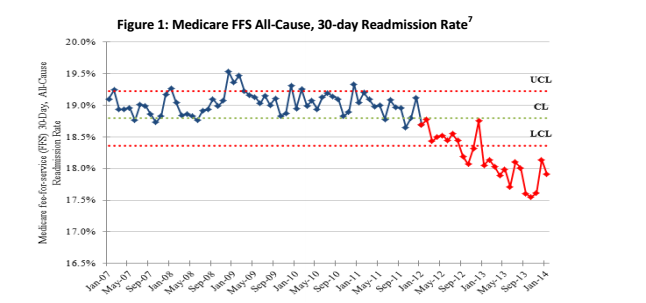But Benghazi
 One of the biggest faux memes being perpetrated by Obamacare opponents is that people who signed up for it wouldn’t actually PAY for it. Charles Gaba over at ACAsignups.net got earsful of it. We even see it here at Eclectablog.
One of the biggest faux memes being perpetrated by Obamacare opponents is that people who signed up for it wouldn’t actually PAY for it. Charles Gaba over at ACAsignups.net got earsful of it. We even see it here at Eclectablog.
Turns out it it’s a complete lie.
Three large health insurers including WellPoint Inc. (WLP) and Aetna Inc. (AET) say that a high percentage of their new Obamacare customers are paying their first premiums, undermining a Republican criticism of enrollment in the program.As many as 90 percent of WellPoint customers have paid their first premium by its due date, according to testimony the company prepared for a congressional hearing today. For Aetna, the payment is in the “low to mid-80 percent range,” the company said in its own testimony. Health Care Service Corp., which operates Blue Cross Blue Shield plans in five states including Texas, said that number is at least 83 percent.
Making the first monthly payment is the last step to confirm enrollment in plans sold under the Patient Protection and Affordable Care Act, and Republicans have made the question of how many paid a line of attack on the law.
“What you have here is very solid first year enrollment, no matter how you slice it,” Dan Mendelson, president of Avalere Health, a Washington consulting firm, said in a phone interview. “This thing is, at this point, well entrenched.”
Ah, well. So much for that. Still: Benghazi.
We also hear ad nauseum that Obamacare is “destroying the country”, a “complete failure”, and “not working”.
Turns out that is a lie, as well. Via Sarah Kliff at Vox.com:
Hospitals are meant to save lives — but they can often be deadly places to spend time.From the infections patients get when they stay in the hospital (which kill about 75,000 people annually) to medical mistakes (surgeons left an impressive 4,857 items in patients over the last two decades), hospitals are places where lots can go wrong.
But hospitals are, just slightly, starting to get better at getting things right. A new federal report shows that improvements in hospital care have saved 15,000 lives in 2011 and 2012. How did this happen?
Spending money on hospital readmissions is arguably one of the worst uses of health care dollars. Readmissions happen when something gets screwed up during an initial procedure.
They aren’t popular with patients (who have to spend unnecessary time in the hospital) or insurers (who have to pay for additional medical care). But there’s some good news on readmissions in a new federal report: after five years of holding steady, hospital readmissions in the United States appear to be falling.
She shows the impact graphically:

That dip in readmissions corresponds to when a new rule that was implemented as part of the Affordable Care Act went into effect. The new rule penalizes hospitals with the lousiest outcomes in terms of people having to be readmitted. As Kliff points out, “Hospitals can now lose as much as 2.5 percent of their Medicare revenue if they have lots of patients turning up in the hospital again. One analysis showed that hospitals have lost $227 million in fines because of this program.”
So, it IS working. But, still: Benghazi.
The question now is whether or not Democrats will embrace the ACA for the success that it is or if they will allow conservatives, heavily funded by people like the Koch brothers and groups like the U.S. Chamber of Commerce, to dominate the conversation with their lies and distortions. Some, like Senate candidate Gary Peters and Senator Mark Begich of Alaska are embracing it and talking about the tremendous social good that has come from it. As Emma has pointed out, this is EXACTLY what they should be doing because you can’t be on offense when you’re playing defense.
And now they have all the ammunition they need. Go forth, Democrats, and embrace your success. We’ve got your back.



